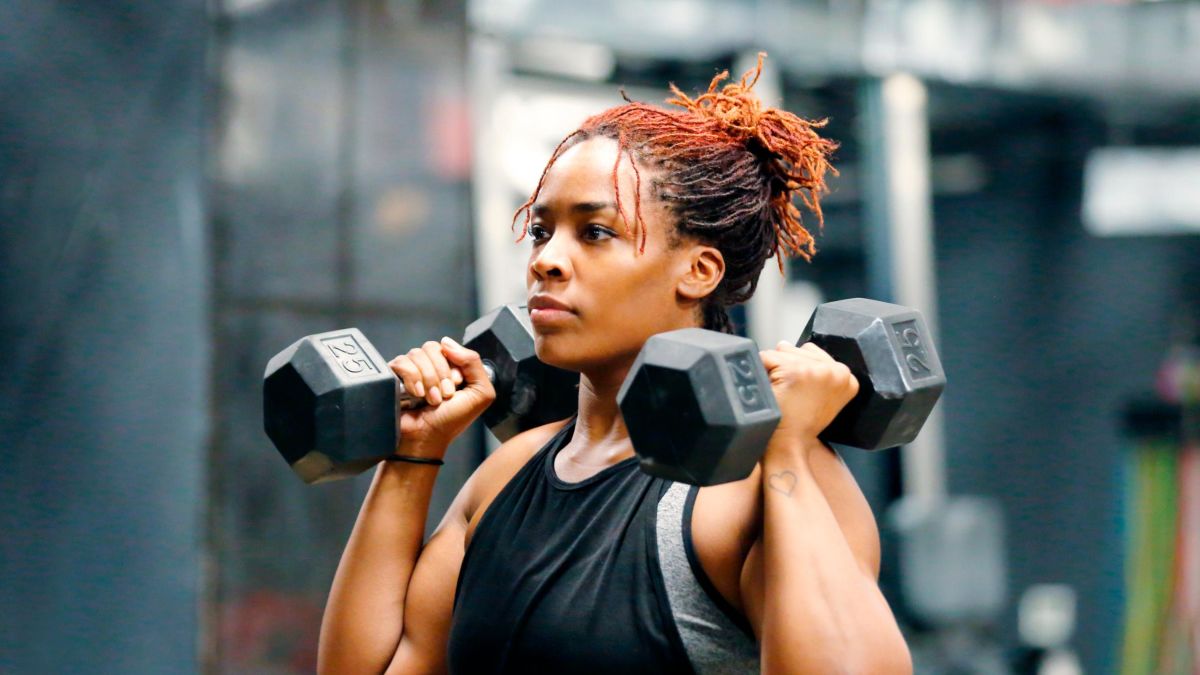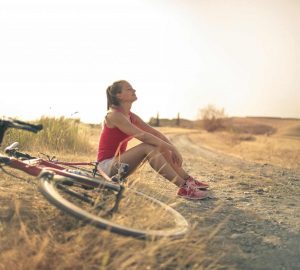Physical activity in the evening is not useful for everyone. This issue is discussed in the sports community with the same persistence as, for example, “dogs or cats” among pet lovers or “Apple or Android” among gadget lovers or how to bet on Cookie Casino. Scientists decided to clarify and concluded that you should complete training no later than two hours before bedtime. Is it so? Let’s look at the best time to exercise.
How does exercise affect sleep?
If you manage to play sports only late in the evening, you shouldn’t miss this opportunity. Light jogging, Nordic walking, stretching, yoga are suitable for training at the best time to exercise.
Before going to bed, you should not put your body into a stressful state with strength training, playing sports, and other overly intense exercises. They negatively affect sleep quality and lead to chronic fatigue, overexertion of an already heavily loaded organism. This condition can cause injury to muscles, joints, and ligaments both in training and at home. The fact is that during training, metabolic processes (metabolism) in the body are activated, primarily in muscle cells.
Even with moderate exercise, the heart rate increases (heart rate and pulse), blood flow increases – the amount of circulating blood increases significantly.
The respiratory organs also work more intensively because the body needs additional oxygen and nutrients when playing sports.
The products formed in the course of the vital activity of cells leave the body more intensively. They enter the bloodstream and are excreted by the kidneys during urination, the skin during perspiration, and the lungs during rapid breathing.
Physical activity positively affects the nervous system’s activity, which is forced to control all the processes occurring in the body, to solve newly arising motor problems adequately. The processes of excitation and inhibition of various nerve centers are carried out more efficiently, the analyzers responsible for the perception of external stimuli work better. But at the same time, the body recognizes physical activity as stress, which stimulates its growth, development, and formation processes. During training, a person feels more vigorous, his state of health improves due to a surge of strength. This is because all living systems are working to their limit.
Daily routine and lifestyle
When all body systems are working intensively, it becomes difficult to fall asleep immediately after the best time to exercise. It takes time for all processes to return to normal. Considering how the metabolism accelerates, it is better to finish the workout no later than two, preferably three to four hours before bedtime. In addition, during sports, the production of hormones increases, which can also disrupt internal biorhythms. The endorphins and adrenaline produced during training usually keep you awake for a long time.
Human chronotype
Of course, evening workouts are difficult for an early riser. At the same time, owls, on the contrary, are more comfortable practicing closer to the night. Also, watch for training should be chosen based on the lifestyle. For example, office work strongly affects the condition of the musculoskeletal system, in particular, the spine. Most people do not monitor their posture when working on a computer. At the same time, the constant slouching leads to overstrain of the muscles since they are forced to maintain the body in an unnatural position all the time. Because of this, they get more tired, which affects the quality of training.
It is essential to listen to your body – at the end of a hard working day, you should not go to the gym through force. Such training will not be practical. What’s more, they can lead to chronic fatigue. Therefore, office workers, especially those chronotype larks, should play sports immediately after work while they have strength. Owls can train later, but it is better to finish the exercises three to four hours before bedtime.
Why are evening workouts dangerous?
The fact that many people prefer the best time to exercise is understandable. At this time, you can give physical activity more time – after all, few people can afford a two-hour training in the morning. Evening sports are easier to plan with a light snack shortly before starting. But there is a trap here: it is not always possible to resist a full dinner. In this case, there is a serious risk that a healthy feeling of satiety and mild drowsiness after eating will lead to skipping training altogether.
There is another risk of exercising in the evening – heavy loads in the evening can cause sleep disturbances. Insomnia after heavy evening workouts is a common complaint among amateur athletes.
Practical experience shows that the distribution of amateur athletes by training time looks like this:
Morning (6:00-8:00) is a burst of activity for those who run in the morning before work/study or have time to stop by the gym for an hour. Light jogging in the morning is not difficult organizationally. Usually well-tolerated subjectively and easily fits into the daily routine.
The bulk (at least 75%) of visitors to gyms, swimming pools, athletics arenas, and jogging tracks in parks falls in the evening hours (18:00-21:00). Such workouts can be done longer and more intensely (if later it turns out to fall asleep normally).
What can you do to avoid insomnia?
The quality of sleep directly depends on how quickly the muscles relax after exercise.
Here’s what you can do to help you sleep better:
- Orthopedic pillows and mattresses help relieve muscle tension and fatigue – they support the body in a physiologically correct position and provide a comfortable sleeping environment.
- The duration of the night’s rest should be at least 7-7.5 hours per day.
- Before going to bed, it is better to refrain from food that is difficult to digest.
- Choose a less intense but rewarding physical activity – it is often better to walk before bed and get some fresh air.
BUT: If because of training you sleep worse, feel tired in the morning, constant pain in joints and muscles, give up such sports. Overexerting your body is not worth it.








